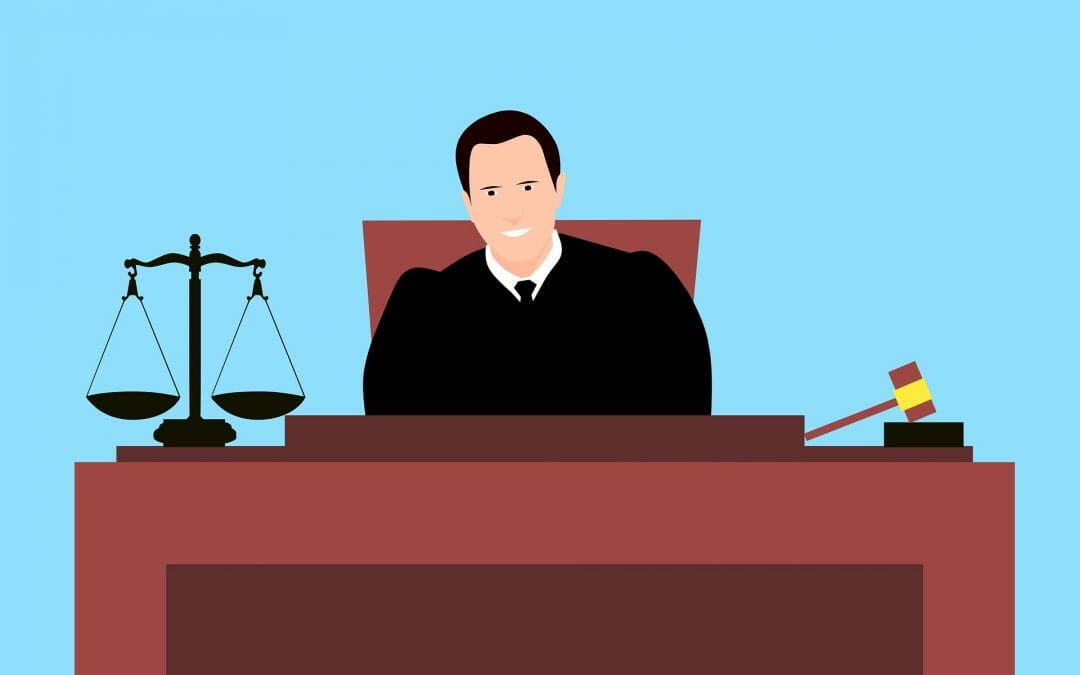5 Things You Need To Know After You’ve Been Denied Social Security Disability
When you get a denial on your Social Security disability claim, there are some very important things you need to consider before going to hearing, including:
- Facts about medical treatment
- Getting your diagnosis documented
- Not relying on good character
- Facts about substance abuse
- Checking your attitude
Medical Treatment After Disability Denial
1. “I don’t have insurance” is not a good excuse for not getting medical treatment
To win your Social Security disability case, you MUST get medical treatment. This is so important that it bears repeating . . To win your Social Security disability case, you MUST get medical treatment!
Even though medical treatment is such an important component of each disability case, we see many disabled people stop their medical treatment because they believe they can’t afford treatment. But, this is a BIG MISTAKE!
To be eligible for Social Security disability benefits, you must have a severe physical or mental condition that has been diagnosed by a medical professional and which prevents you from working.
The Social Security Administration (SSA) assumes that if you really have a severe condition, it will require ongoing medical treatment. If you have big gaps in medical treatment or if you stop treatment, your claim is more likely to be denied.
How To Get Medical Treatment?
There are several ways you can get medical treatment, even if you don’t have insurance coverage:
- Coverage under a spouse’s health insurance plan: If you are married and your spouse is working and has health insurance coverage, you may be able to get coverage under your spouse’s plan
- Coverage under the Affordable Care Act (ACA): Even though the open enrollment period for the ACA is November 1 to December 15, you can still get coverage outside of that time period if you lose your medical insurance.
- Free Health Care Services: You may be able to find free or low-cost medical care at a local clinic or public hospital. You can often determine if a provider offers these services through a phone call to the facility.
Documented In The Records
Basically, if your symptoms and other evidence about your condition are not documented in the medical records, they don’t exist as far as Social Security is concerned.
So, this is going to require you to be up front and honest with your doctor about all of your symptoms. The judge who will decide your case after the hearing will be looking for notes in the medical evidence that give an indication about the severity of your symptoms and limitations. If you don’t discuss everything with your doctor, the judge will wonder whether your symptoms are legitimate.
Good Person?
The hearing judge really does not care if you are a “good” person. Disability benefits aren’t awarded just to “good” people or denied to “bad” people.
If you have worked steadily for many years, your work history will be easily seen from your Social Security disability file. So, you don’t have to tell the judge what a hard worker you are or about all of your positive virtues.
Instead, focus on telling the judge about the specific functional limitations that prevent you from working.
Substance Abuse And Social Security Disability Denial
Substance abuse will almost always negatively impact your disability case. In fact, the Social Security Administration will not award disability benefits to anyone where it is determined that:
- drug or alcohol abuse is the reason the person can’t work
- a return to work would be possible without the drug or alcohol abuse
It’s All About The Attitude
A negative outlook is understandable for someone who may be disabled. But, when you go to your Social Security disability hearing, it’s important that you check that attitude at the door or it could hurt your claim.
Also be careful not to overstate your pain or the effects of your illness. For instance:
- You may have several medical problems, but don’t talk about how you are “falling apart.”
- You might not be able to do some of the things you enjoyed before, but don’t say you “can’t do anything.” Be specific.
- You’ve had pain for years and, sometimes, it’s very intense. Don’t say you hurt “all the time” or rate your pain as a “constant 10 on a scale of 1-10.
- Even if you rarely see your old friends, don’t say “I never do anything.”
- If you are asked how long you can sit, don’t say “never more than a few minutes at a time.” This will look suspicious if you’ve been sitting at the hearing table for much longer!
Social Security Disability Law Firm
There are many things to consider if your Social Security claim has been denied and you have to go to a hearing. For instance, will you be able to make sure that you have all the evidence you need to win your case? Will you be able to tell what evidence is missing from the record? Will you know what you need to tell the judge during your hearing? You will have much greater success if you have an experienced disability lawyer help you prepare your case.
At the Ritchie Law Firm, we have decades of experience winning Social Security disability claims. We KNOW how to prepare and win these types of cases. Give us a call TODAY! We don’t get paid unless we win for you!


